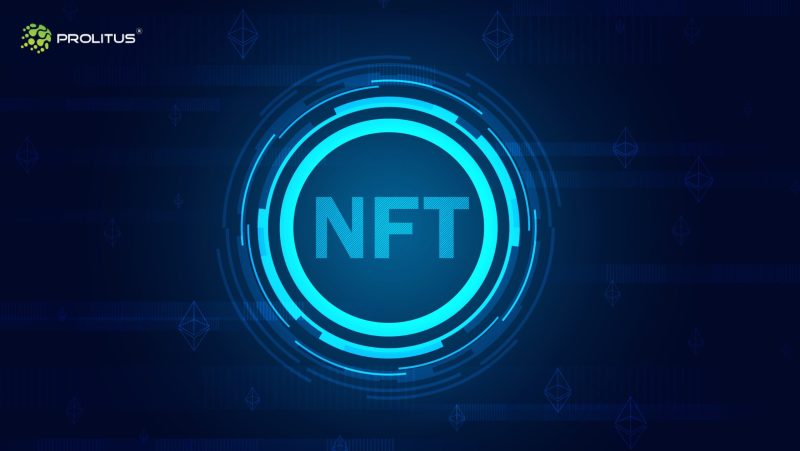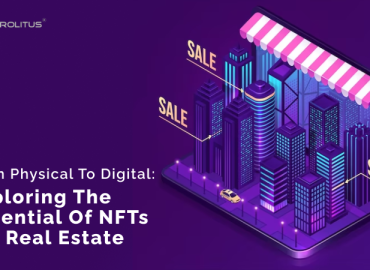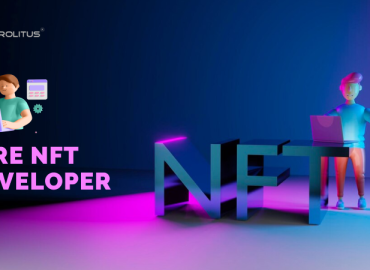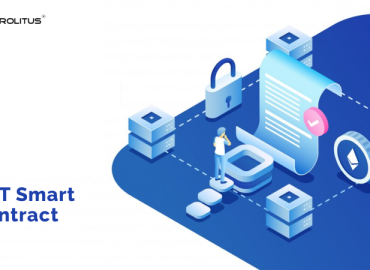NFTs are evolving to have many applications outside of art and games. Because of this, it shouldn’t be a surprise that NFT technology can help fix problems in the old ticketing sector.
NFT tickets can change the ticketing market for everyone. They can fix the problems with paper tickets, give fans special perks, and even add an extra layer of security to events.
What is NFT Ticketing?
NFTs are digital assets represented by cryptographic tokens. They enable us to tokenize digital or physical assets like art, collectibles, or real estate. They serve as verifiable proof of validity and ownership because they are stored on a blockchain network.
Furthermore, an NFT can only have one official owner at any given moment and cannot be changed or falsified. NFT tickets are digital assets that store your event entry credentials.
To create an even more immersive fan experience, they can offer ticket holders additional advantages such as meet-and-greets, special goods, and more. NFT tickets can give artists, event organizers, and other stakeholders a steady stream of royalties and make it easier for fans to get in touch with them.
NFT Concert Tickets
The live events industry is one of many that could be entirely impacted by NFTs. It is a sector that ticketing firms and concert producers should keep an eye on for new prospects and evolving technology to improve live events.
Event organizers can avoid third-party distribution by minting the number of NFT tickets required as part of the ticketing mechanism on their preferred blockchain network. Payment from a buyer will trigger a smart contract once they have set the sale or auction price.
The NFT ticket will then be transmitted to the buyer’s digital wallet, where they will be able to access it at any moment using their phone. Because the NFT ticket is kept on a blockchain network, you can resell it on the event organizer’s official NFT marketplace. When someone purchases your ticket, a smart contract is initiated, and you will be paid as the buyer receives the ticket.
How does NFT ticketing work?
The mechanisms of an NFT are intertwined with event tickets. Physical tickets are often one-time-use pieces of paper that are only good for one event entrance or seat. Tickets are non-fungible in this sense. Tickets, like NFTs, are sold in limited quantities since live venues have capacity constraints.
The disadvantage of traditional ticketing is that tickets are distributed through a few distribution channels with little regulation or supervision. For example, people who resell tickets on the secondary market can charge more, and ticket scalpers can buy most tickets online and sell them for more.
Anyone may trace the transactions on a blockchain ledger with NFT tickets, making it easy for everyone to see when and where the tickets were bought and sold. The use of a smart contract—a program that runs on the blockchain, and an NFT ticketing system can also help control resale value and costs.
A smart contract is a deterministic program that performs specific actions when and if certain circumstances are met. Organizers can decide how royalties from secondary ticket sales are split by making a rule that says a royalty payment is made every time a ticket is sold to a new owner.
Create NFT ticketing
NFT tickets are digital assets that can give incentives and one-of-a-kind bonuses for your events, generating cash for you and your community.
- Event organizers can choose which blockchain to tokenize their tickets on. Selecting a Proof-of-Stake blockchain can save you money on minting and operational fees.
- The smart ticket contract must now be programmed. The smart contract can specify the regulations for the sale price, the auction rules, the resale rules, the royalty fees, and so on.
- The next step is to connect an IPFS system to the ticketing system so that people who buy tickets can receive a digital copy of the ticket. Perhaps with a QR code to assist event organizers in verifying ticket authenticity.
NFT Ticketing Companies
Yellow-Heart
Yellowheart is an NFT marketplace that specializes in ticketing solutions for the music and entertainment industries. Their ticketing system is built on the Polygon blockchain, and the portal also serves as an NFT marketplace for collectible NFTs tied to upcoming events.
GUTS
GUTS uses the GET protocol exclusively and has sold over 600,000 NFT tickets. They are presently the largest ticket seller in the Netherlands and are rapidly expanding. GUTS offers digital smart tickets, protection against fraud, reselling, and ticketing for all marketplaces, such as theaters, concerts, live streams, and festivals.
WICKET
WICKET is an Italian NFT ticketing platform that provides digital smart tickets, as well as selling and reselling, and analytics. They provide ticketing solutions for a wide range of markets, including theatres, nightclubs, concerts, festivals, business events, and more. Their approach incorporates dynamic QR codes, online ticketing, and NFT tickets that are based on the GET protocol.
NFT TiX
NFT TiX is a non-custodial, L1 Ethereum-based platform that can interface with any EVM-compatible chain such as Polygon, Arbitrum, BSC, Avalanche, or Fantom. All transactions are conducted in ETH mainly. No tokenomics are involved.
Seatlab
Seatlab is a new NFT marketplace that will be available soon. Their idea intends to compete with the secondary ticket economy by allowing resale with royalties, allowing organizers to earn more money. Seatedly, an online ticketing system that has sold 1,000+ tickets and has over 100 clients, was previously introduced by the firm.
Final Thoughts
NFT tickets are easily validated since they are constructed on a blockchain network, and their immutability prevents terrible actors from producing or distributing false tickets. Furthermore, event organizers and artists can benefit from the NFT ticketing system by obtaining more control over their primary and secondary market ticket sales as well as long-term connections with fans.
Even though the NFT space is still young, the rate at which it is growing suggests that it could make the traditional ticketing system and other parts of the live event space better.





